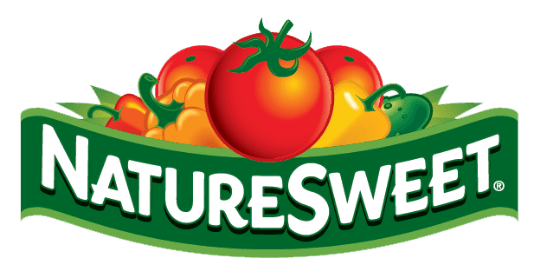Gluten is a type of protein found in wheat, barley, and rye. A gluten-free diet eliminates foods that are made with wheat, flour, rye, barley, or bran.
This may include:
- Bread
- Cookies
- Beer
- Breakfast cereal
- Pies
- Crackers
- Cake
- Pasta
Gluten is also frequently used as a filler or thickener, therefore those following a gluten-free diet must closely read labels. Words like cracked wheat, wheat flour, barley, semolina, durum, spelt, farro, kamut, malt, or triticale- all mean the food contains gluten.

Other grains, like rice, corn, tapioca, or quinoa and products made from these grains are allowed. A gluten-free diet is also not a low carbohydrate diet. Healthy carb sources should be included to ensure the diet is adequate in fiber, vitamins, and minerals. When following a gluten-free diet, you may also want to take a multivitamin to provide additional iron, folic acid, and B-vitamins, which may be missing.
Why Follow a Gluten-Free Diet?
A gluten-free diet used to be primarily recommended for people with Celiac’s disease, an autoimmune disease triggered by a reaction to consuming gluten. Eating gluten can result in severe digestive problems that lead to weight loss and malnutrition. Those with Celiac must strictly avoid gluten-containing foods forever.1
But, following a gluten free diet has gained significant popularity over the last few years, due to emerging research that people may be sensitive to the effects of gluten. Some feel that gluten triggers an increase in anxiety, digestive discomfort, or inflammation. There is also some evidence that gluten may trigger or worsen the symptoms of other autoimmune diseases.2,3,4

With the popularity of the gluten-free diet it has become easier to find gluten-free alternatives to popular foods like bread or pasta. These items can be easily made with rice, tapioca, or quinoa. Most grocery stores now carry gluten-free options.

The challenging part of following a gluten-free diet is being aware of “hidden” gluten. This is particularly critical for those who have severe Celiac’s disease as their illness can be triggered by a minimal exposure to gluten.
A few sources of “hidden” gluten to be aware of include:
- Processed meats
- Salad dressing
- Sausage
- Marinades
- Soy sauce
- Bouillon
- Meat substitutes
- Gravy or cream-based soups
- Breaded/fried foods
- Cosmetics and medications
- Canned foods
Many restaurants are aware of people’s dietary restrictions and will provide a gluten-free menu upon request. If that is not available, always be sure to ask lots of questions and tell the waiter about your dietary restrictions.
One thing to realize about eating out is that not all restaurants are aware of cross contamination for gluten-sensitive individuals. For example, they may use the same knife or cutting board to cut both gluten-free and gluten-containing bread. This is likely not a significant problem for most people following a gluten-free diet, but if you have Celiac or severe health problems, a tiny amount of gluten can trigger a reaction. If you eat out a lot and are not getting better, it could be due to cross-contamination.
Following a gluten-free diet may be required to manage Celiac disease or autoimmune conditions. For those who think they are sensitive to gluten, eliminating gluten-containing foods for 30 days may help you identify if it is the true cause of your symptoms.

